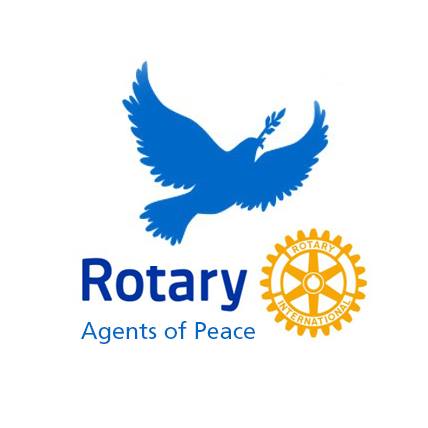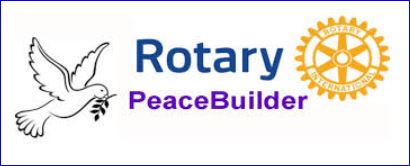New Directions
New Directions Committee, Rotary Club of Edmonton West
Join us in the New Directions Committee if you have an interest in Peace, Indigenous
Relationships, Environment and/or Diversity and Inclusion. We welcome your voice!
The New Directions Committee of the Rotary Club of Edmonton West (RCEW) provides a focal
point for responding to several recent Rotary International areas of focus and emphasis,
including Peace Building, Indigenous Relationships, Environment, and, most recently, Diversity
Equity and Inclusion. We take fresh perspectives on partners, projects and potential members
– to build on Rotary values and objectives to engage on emerging areas of interest.
“New Directions” – the committee and its name – was conceived by 2020-21 Chair David Weir.
He noted the championship of Peace Building in the Club, the district and Rotary International
by former District Governor Ingrid Neitsch. Rotary International was launching Environment as
a new result area – it seemed like a good fit in New Directions. In the 2020-21 Rotary Year,
New Directions was exploring how to engage in the life of PIE – Peace Building, Indigenous
Relationships and Environment. The committee was established with an umbrella New
Directions Committee and three sub-committees.
In 2021-22, the area of Diversity, Equity and Inclusion was added to the committee. This
reflected the Rotary International Task Force Report and the publication of Imagine: DEI, as
part of the Imagine Rotary focus of incoming Rotary International President Jennifer Jones.
At the suggestions of Jackie Hobal and Annie Mueller, the New Directions committee began a
dialogue on Diversity, Equity and Inclusion with club members. We subsequently had a very
successful and fun barbeque with newcomers in the Rainbow Refugee Program of the Edmonton
Mennonite Centre for Newcomers.

Peace and Conflict Resolution
We refuse to accept conflict as a way of life. Rotary projects provide training that fosters understanding and provides communities with the skills to resolve conflicts.

Peacebuilder Clubs
Board approved a motion to become a Peace Builder Club. This involved a commitment to
participate at the district – led by Ingrid and another former governor, Jackie Hobal. The club
also approved a “Peace builder lens” to apply to other projects. This recognized that many of
the result areas and projects within those areas correspond to the positive pillars of peace.
Adopting the lens both educates people about positive peace and begins to favour projects
with that broader purpose. The club also provides funding to Rotary International peace
initiatives, funds a peace fellow and brings in speakers on Positive peace.

Peace Pole Project
Discussions are underway about siting of a peace pole at McEwan University. In September,
Ingrid will be leading a number of RCEW members to the annual Hands Across the Border
ceremony at the Waterton Glacier International Peace Park.

Indigenous Relationships
Beginning by seeking to understand.
developed a Land Acknowledgement and the practice of acknowledging the land at the
beginning of our meetings, as a small act of reconciliation . We invited Indigenous speakers to our club. We led development of an on-line district Indigenous Speakers series.
RCEW partnered with YEG Passport Rotary Club to print and sell Orange Shirts in preparation for the first annual Day for Reconciliation, September 30, 2021. The initiative was developed in conformity with the spirit and requirements of the Orange Shirt Society. The net proceeds went to the Saddle Lake Boys and Girls Club, Turtle Island Safer Spaces and the Orange Shirt Society.
In 2024 the Indigenous Speakers Series received grant funding from the Government of Alberta to become Indigenous led. The new series will provide access to a number of Indigenous Speakers, examples of good protocols for inviting Indigenous participation, and a list of speaker’s clubs can approach directly.
From the original series we learned the stages of relationship:
In 2024 RCEW introduced Sleep in Heavenly Peace (SHP) to the Saddle Lake First Nation. We subsequently donated funds to build 10 beds to the mio nipewin chapter of SHP on Saddle Lake First Nation.
Currently we are looking at how to support development along Whitemud Creek at and beside the kichihkaw aski- Sacred Land. We are also looking at how we can participate in the joint efforts of districts 5360 and 5370 to support Indigenous efforts to return the Manitou Stone.
.png)












